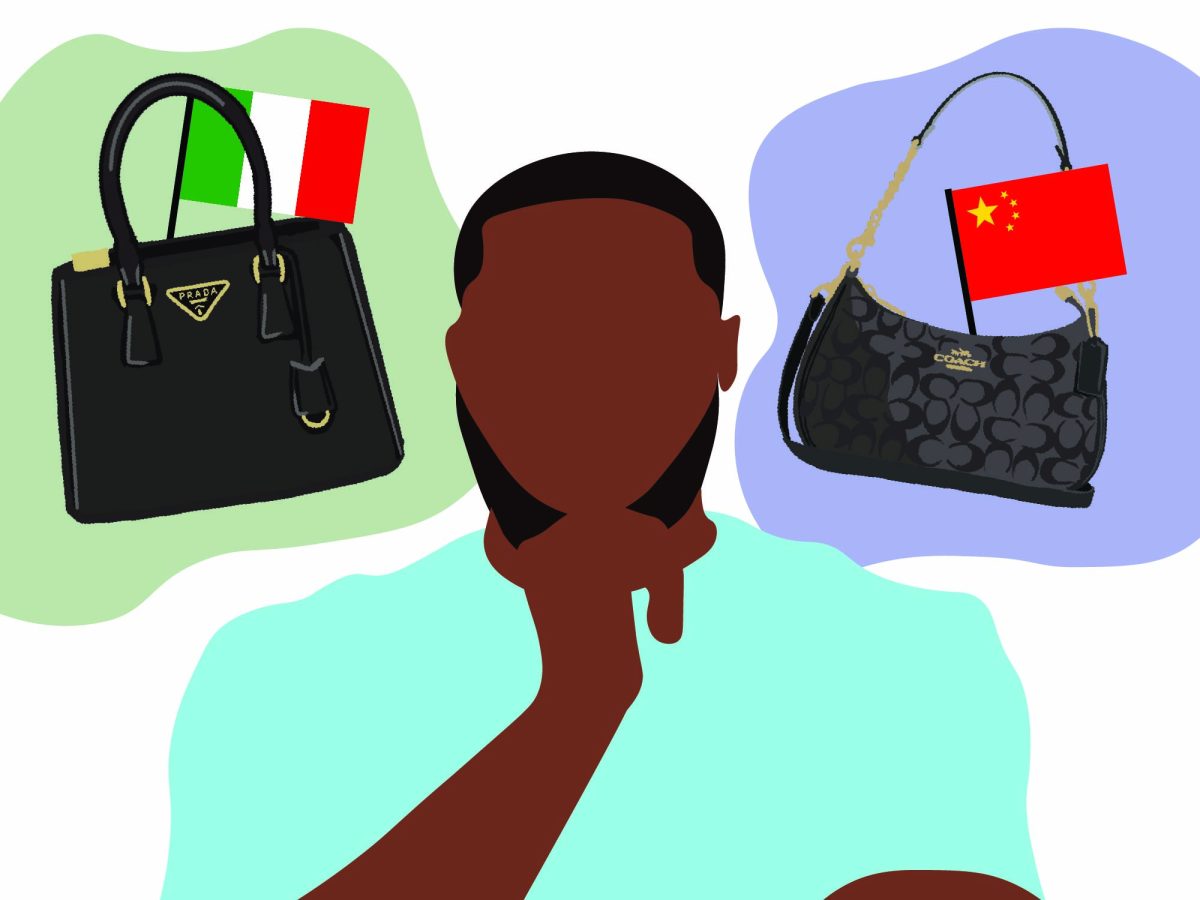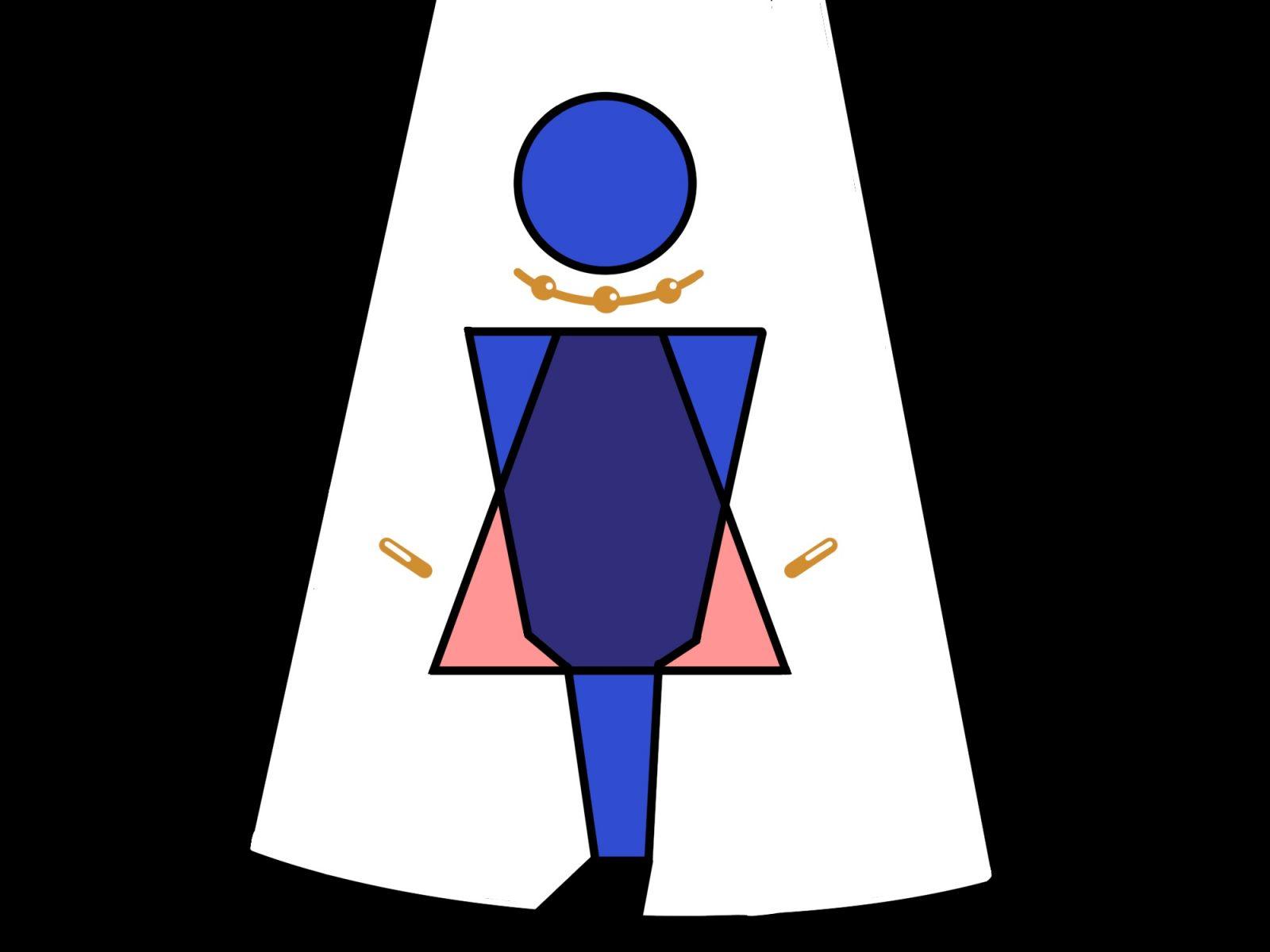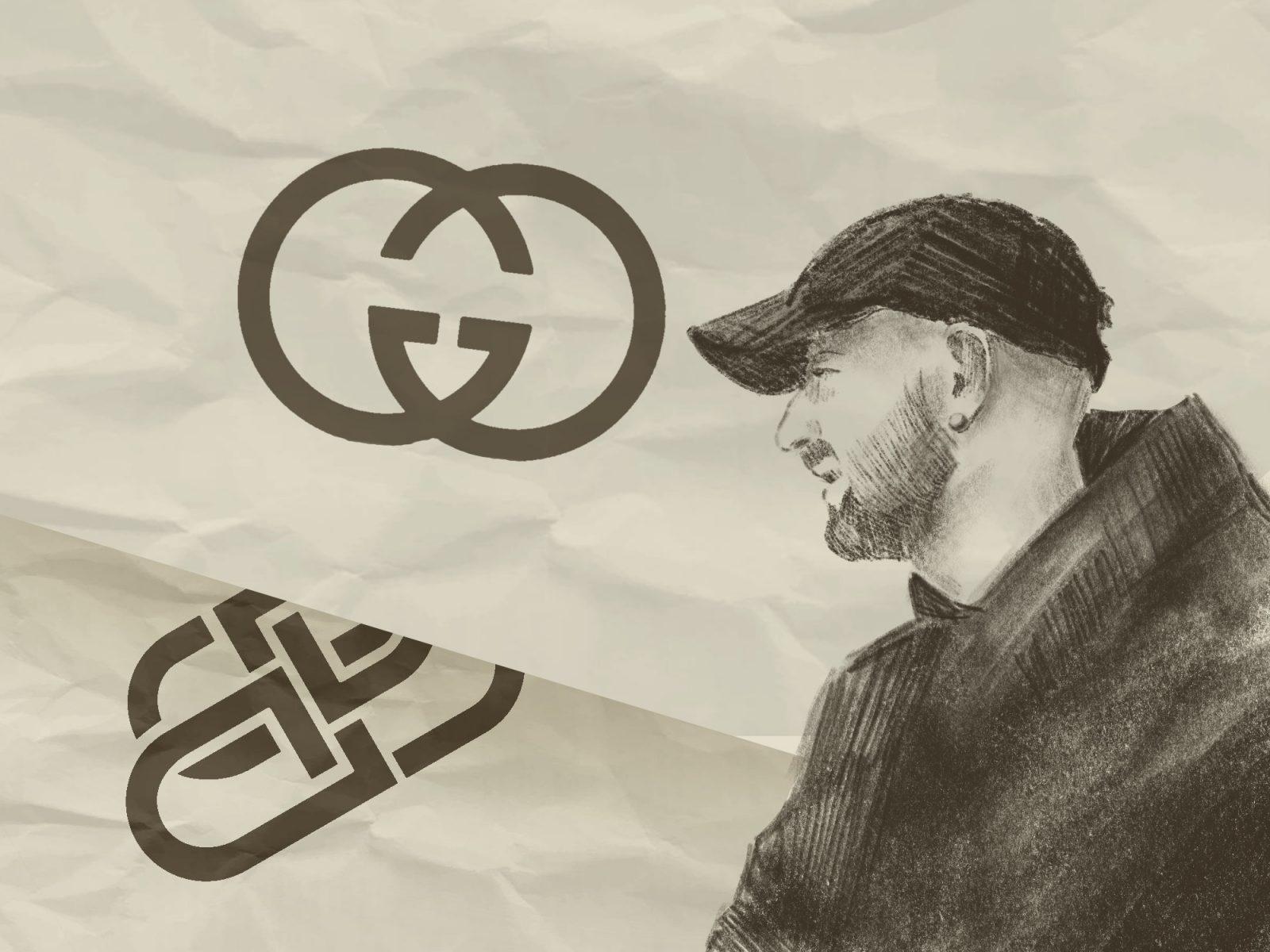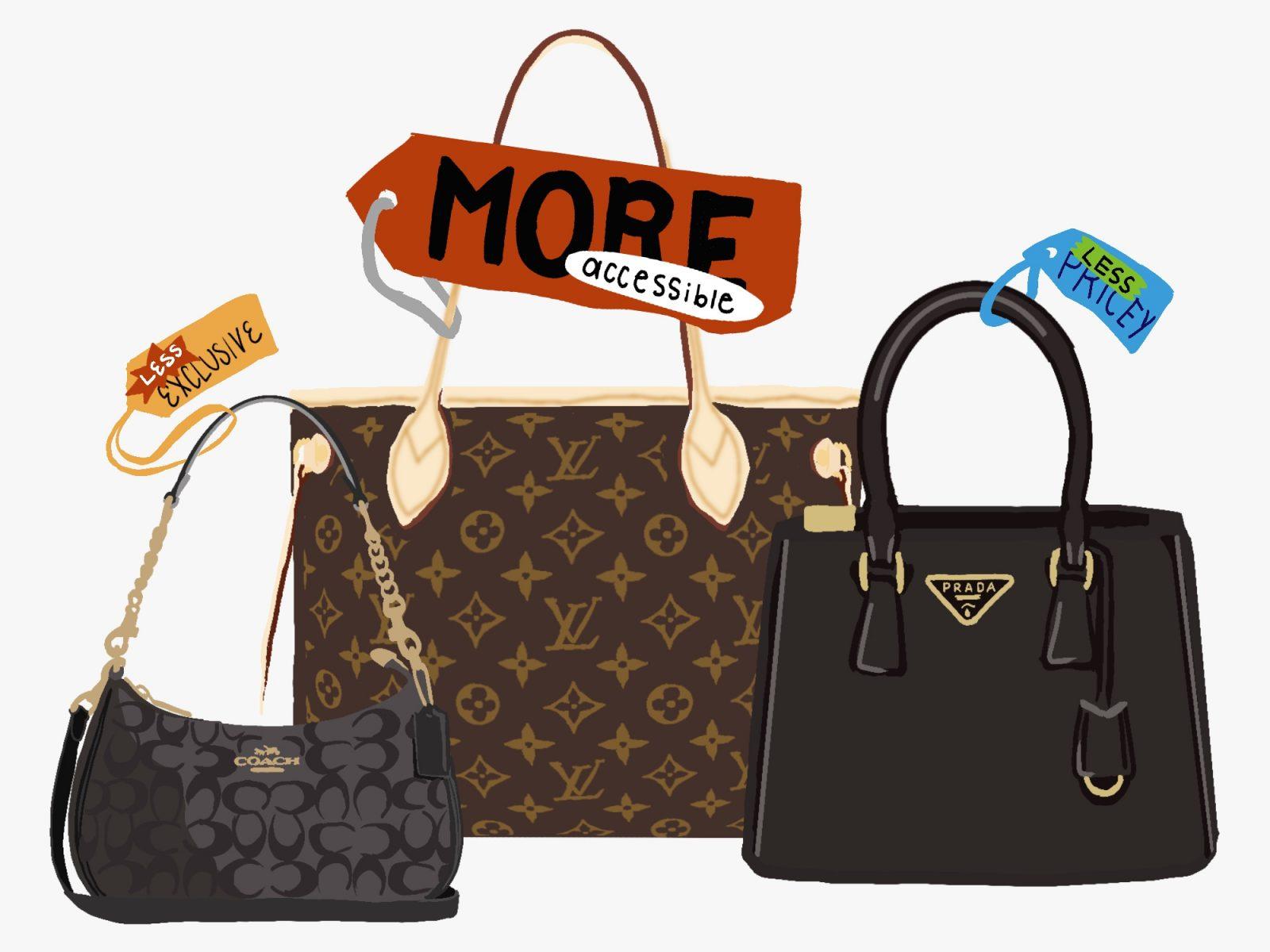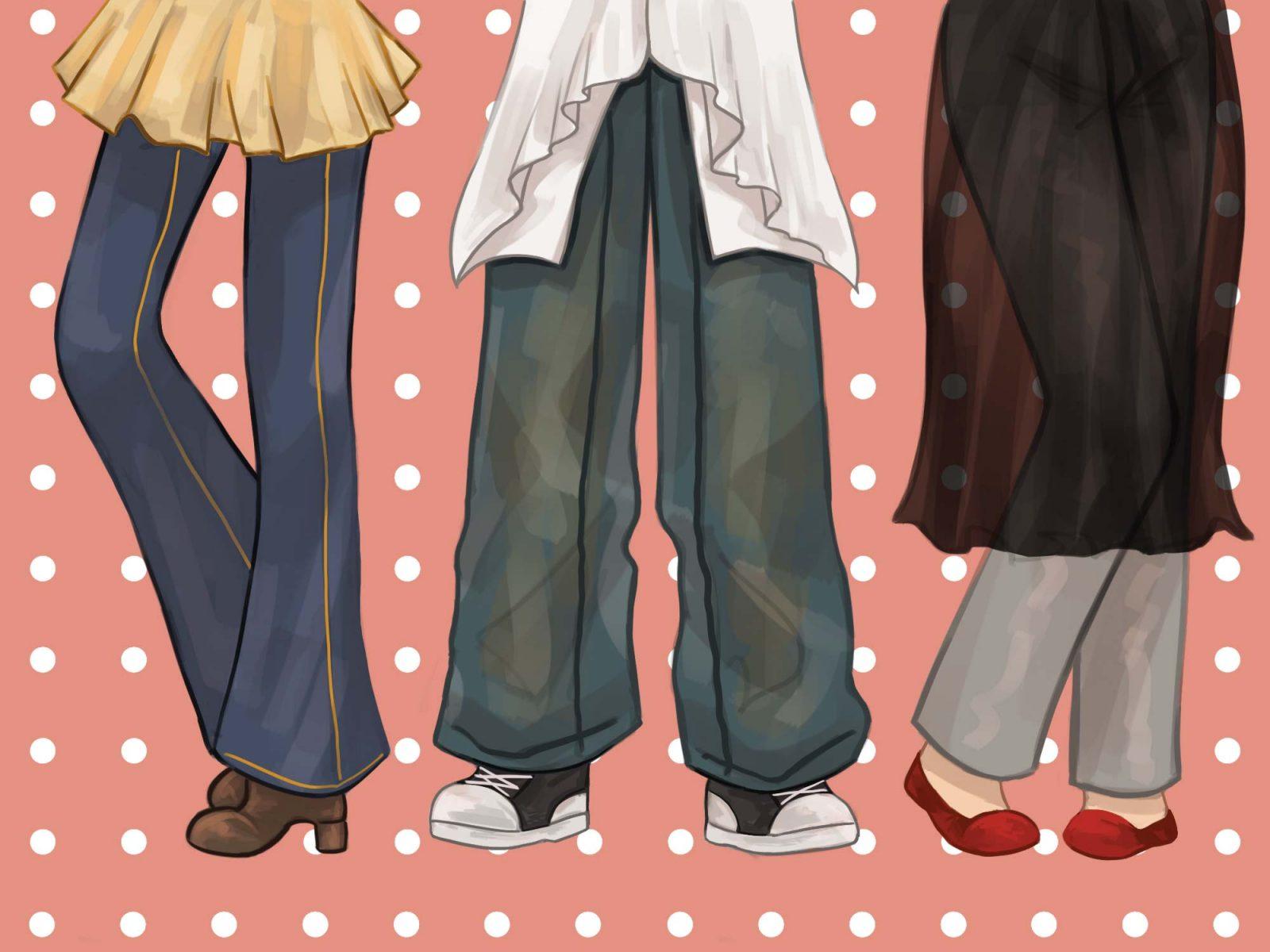As inheritors of the Great Recession, pioneers of social media activism and proponents of the phrase “eat the rich,” Generation Z is well-versed on the evils of capitalism. But times are a’changing, and a generation that proudly proclaims to “not dream of labor,” has aged into entering the workforce.
Unsurprisingly, this contradiction of class consciousness and corporate life hasn’t gone down easily.
For a cohort that spent two or so years attending high school from bed, being chained to a desk for the foreseeable future has triggered frustration, fear and new forms of everyday rebellion.
How do I know all this, you may ask? Because fashion told me so.
Let’s rewind to February, when rapper Doechii wore head-to-toe Thom Browne to the Grammys. Her office-wear inspired outfit — slate gray gown, white button down and a tie — perfectly embodied the Pennsylvania-born designer’s unique fashion vision.
In recent years, Browne rose to fame for his shrunken suits, thigh-bearing shorts and other twists on classic American menswear. While his designs seem to draw from beacons of traditional masculinity like “Mad Men” and New England-style, they also have a rebellious streak.
Female celebrities like Kristen Stewart and Kerry Washington have rocked Brown’s masculine-presenting pieces, and he once presented a collection that cheekily blended suits with corsets inspired by 18th century France.
The rise of Brown’s refreshing twist on corporate clothing is part of a broader trend in the fashion world: Taking inspiration from the rigidity of office wear while subtly poking fun at it.
Take, for example, the office siren TikTok trend. On the one hand, this aesthetic relies on conservative, traditional aspects of corporate dress codes like pencil skirts, button downs and glasses.
On the other hand, it challenges the austerity of traditional American workplaces by introducing a new element — sex appeal. The office siren is inherently sexy, using the office space as a site of seduction through her well-chosen outfits.
Most importantly, like Thom Browne’s reimagined suits, office siren outfits deliberately replicate corporate dress codes in order to subtly challenge their rigidity, austerity and lack of levity.
Celebrities want in on the fun, too.
Tyla’s pink ensemble at Paris Fashion Week blurred the line between vintage secretary and Barbie doll, while Ayo Edebiri showed up to the Golden Globes looking ready to close a business deal in her boxy gray suit — save for the fact that her tie was a golden feather.
You might be thinking that it’s easy for celebrities to play with business wear when the only desks they’re sitting at are on the sets of their next film. But in reality, average Gen Z office-goers are subtly rebelling against corporate dress codes as well.
You need only turn to TikTok, where thousands of creators share how they maintain their personal style at the office. While some of these outfits are walking human resources violations and might be better confined to an episode of “Suits,” they reveal an interesting phenomenon: Gen Z’s love-hate relationship with corporate clothing.
This generation, inspired by the classic cuts and clean lines of professional clothing, sees office dress codes as a ripe terrain for fashion experimentation. At the same time, Gen Z’s desire to experiment, create and innovate leads them to subtly challenge the norms we expect of corporate clothing.
These moments of personal liberty shed light on a generation struggling to come to terms with the inherent authoritarianism of workplaces.
Let’s take a look at the statistics.
First of all, Gen Z is more worried than other generations about financial security. Faced with persistent inflation, an economy shaken by tariffs and a precarious job market, they know they have to find high-paying jobs simply to survive.
They’re also chafing against rigid fashion expectations in the workplace. Almost three quarters of Gen Z employees feel stressed about dressing for work, compared to only 14% of Baby Boomers who feel similar anxiety, according to research by the UK’s leading graduate job board.
Meanwhile, the activist generation hasn’t forgotten its militant roots. After growing up with protests, walkouts and social media, Gen Z are more likely to demand flexible work schedules and prioritize mental health.
Even when it comes to simply entering the workforce, they’re more likely to choose — or reject — a company based on how it aligns with their personal values.
I won’t go so far as to call this new approach to work anti-capitalist, otherwise Marx might start rolling in his grave. But it’s safe to say Gen Z isn’t afraid to question office norms — something that carries over to their outfits.
That’s why, from designer brands to TikTok trends, work wear has recently been fertile ground for unexpected cuts, androgynous ensembles and styles that whisper sex from between seams. It’s a way for young workers to ensure they have money to survive, without letting the inherent homogeneity and authoritarianism of corporate culture suppress their self-expression.
Of course, you could always nourish your inner anti-capitalist by reading up on the alleged inventor of the phrase “eat the rich,” Jean-Jacques Rousseau, or joining a union.
But showing up to the office wearing Bayonetta glasses or a wacky tie is just a little more exciting, don’t you think?
This story was published at 12:21 a.m.





























































































































